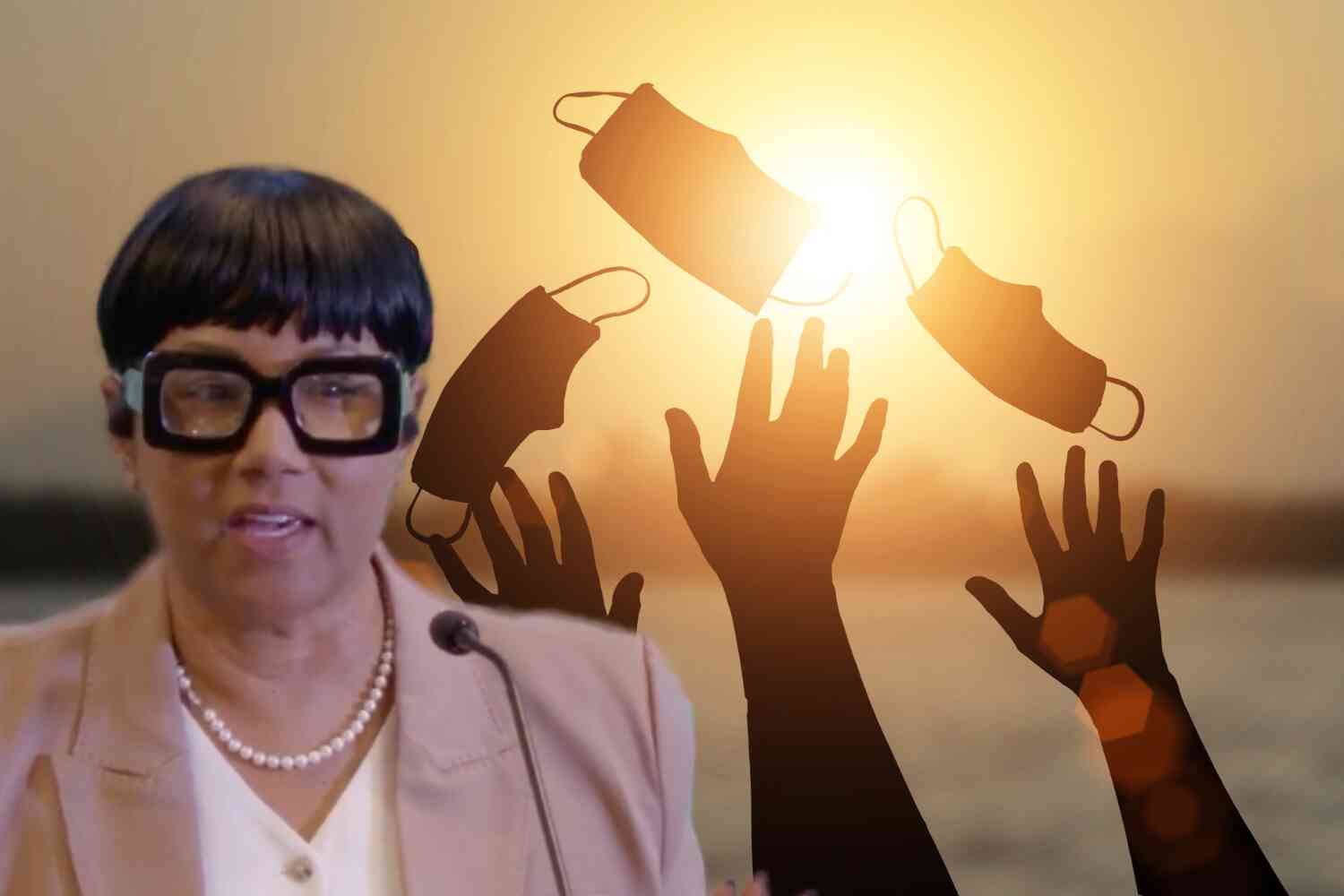Sure, we may have turned over to our enemy control of a city that completely surrounds our only means of escape, but at least that ensures the American military presence will end on August 31.
One way or the other.
As the Taliban marched their way across Afghanistan, senior officials in the United States government were on top of the situation, monitoring events as they unfolded, going over briefing papers, and preparing contingency plans in case the tequila ran out or the cabana boy forgot to restock the towels.
On the Friday afternoon before Kabul fell, the White House was starting to empty out, as many of the senior staff prepared to take their first vacations of Biden's young presidency. Earlier in the day, Biden had arrived at Camp David, and Secretary of State Antony Blinken was already in the Hamptons.
Maybe they had non-refundable tickets.
Besides, why let events on the ground deter you from your plans when you have assessments! Assessments are pretty much the gold standard of the intelligence bureaucracies. Why, if you have an assessment, no one can challenge your decision and you can't possibly be held accountable. Ever.
In June, U.S. intelligence agencies had assessed that the Afghan government would hang on for at least another six months. By August, the dominant view was that the Taliban wasn't likely to pose a serious threat to Kabul until late fall.

It was becoming ever more clear that the Afghanistan military forces, which we trained and armed to the tune of tens of billions of dollars and decades of time, all but vanished when it came time to fight. Even the Taliban were astonished.
However, as they seized abandoned checkpoints on the periphery of Kabul, they appeared perfectly content to pause and be patient.
Haqqani, a Taliban commander, had led his forces to the city's gates that morning and been surprised by what he found.
"We didn't see a single soldier or police," he said. For several hours after, he had done as he was told, refraining from advancing further.
The Taliban had announced that while its fighters were at the edges of Kabul, having entered through the city's main checkpoints after security forces withdrew, it did not intend to take over violently. There was an agreement in place for a peaceful transition, and the group intended to honor it.
The Afghanistan leadership had deftly sprung into action days earlier. Noting the rapid fall of regional capitals, one after the other, President Ashraf Ghani was busily laying plans to digitize the government's salary payment system.
Even as a cascade of provincial capitals fell — starting with Zaranj in the far southwest on Aug. 6, and continuing through two dozen others over the nine days that followed — the president appeared distracted.
"Ghani would want to talk about digitization of the economy," said the official, referring to the president's plan for a government salary payment system. "It had nothing to do with the dire threat."

As the Taliban gathered at the city's edges, and rumors swirled that the Taliban had already entered the presidential palace (they hadn't) Ghani set aside his focus on matters of information technology, and decided instead to focus on matters of not being disemboweled and hung from a traffic light.
Mindful of the last time the Taliban had conquered Kabul — in 1996, when victorious fighters sought out the former Soviet-backed president, disemboweled him and hung his body from a traffic light — Ghani agreed to go.
The premature flight of leadership led to a power vacuum in which criminal gangs were starting to roam city streets. Something had to be done to maintain some semblance of control.
In a hastily arranged in-person meeting, senior U.S. military leaders in Doha — including McKenzie, the commander of U.S. Central Command — spoke with Abdul Ghani Baradar, head of the Taliban's political wing.
"We have a problem," Baradar said, according to the U.S. official. "We have two options to deal with it: You [the United States military] take responsibility for securing Kabul or you have to allow us to do it."
I know what you're thinking, it's a no-brainer. After all, who better to ensure the safety and security of American personnel and their Afghan collaborators than their mortal enemy the Taliban!
It makes more sense if you're sitting in the Hamptons starting in on your second pitcher of margaritas.
It also helps if you happen to be napping.
Throughout the day, Biden had remained resolute in his decision to withdraw all American troops from Afghanistan. The collapse of the Afghan government hadn't changed his mind.

McKenzie, aware of those orders, told Baradar that the U.S. mission was only to evacuate American citizens, Afghan allies and others at risk. The United States, he told Baradar, needed the airport to do that.
I want to pause here to note that McKenzie is a four-star general. Yes, he was following orders, but he had a choice: He could have put his stars on the line and said, "This is insane." He chose not to do that.
On the spot, an understanding was reached, according to two other U.S. officials: The United States could have the airport until Aug. 31. But the Taliban would control the city.
Two days later, he issued a statement that read in part:
Today, I had an opportunity to evaluate the situation at Hamid Karzai International Airport and engage with U.S. military leaders on the ground providing security to the airport.
I saw firsthand our defensive lay down and the work our forces are doing to efficiently operate the airfield while ensuring the safe movement of civilians and diplomats who are leaving Kabul.
In order for cataclysmic decisions to be made, particularly in a bureaucracy as large as the United States government, it takes a lot of people to ignore the obvious, to assume someone else will say something or someone else will get the blame.
It bears reminding that all the people who had an opportunity to take a stand but didn't, bear some portion of responsibility for this debacle.
McKenzie's statement also read:
The protection of U.S. civilians and our partners is my highest priority and we will take all necessary action to ensure a safe and efficient withdrawal.
That's where we're at. A United States General taking pride in "a safe and efficient withdrawal."
Said like a true bureaucrat.
Regardless, we all know where the ultimate responsibility lies.

P.S. Now check out our latest video 👇









